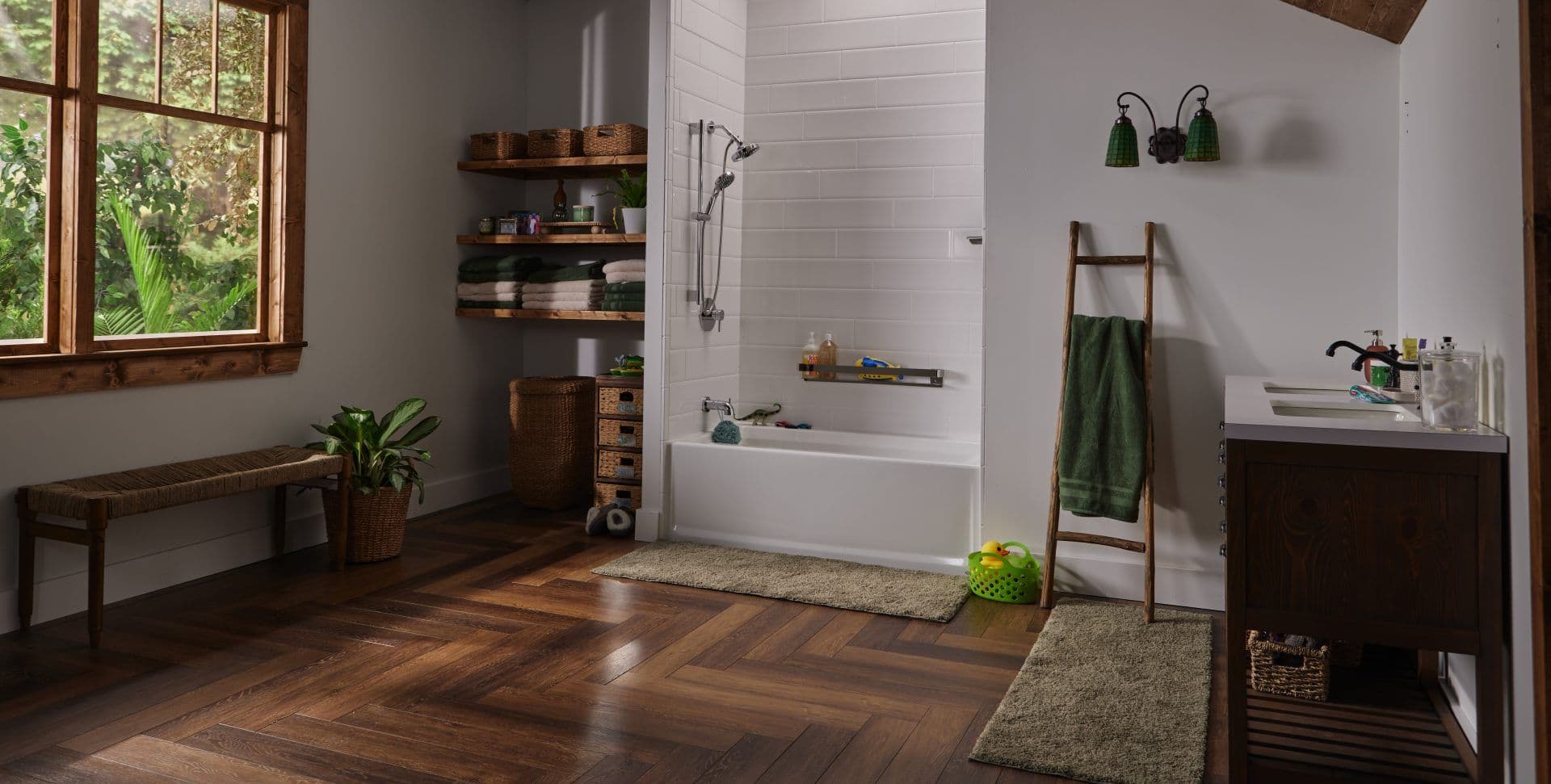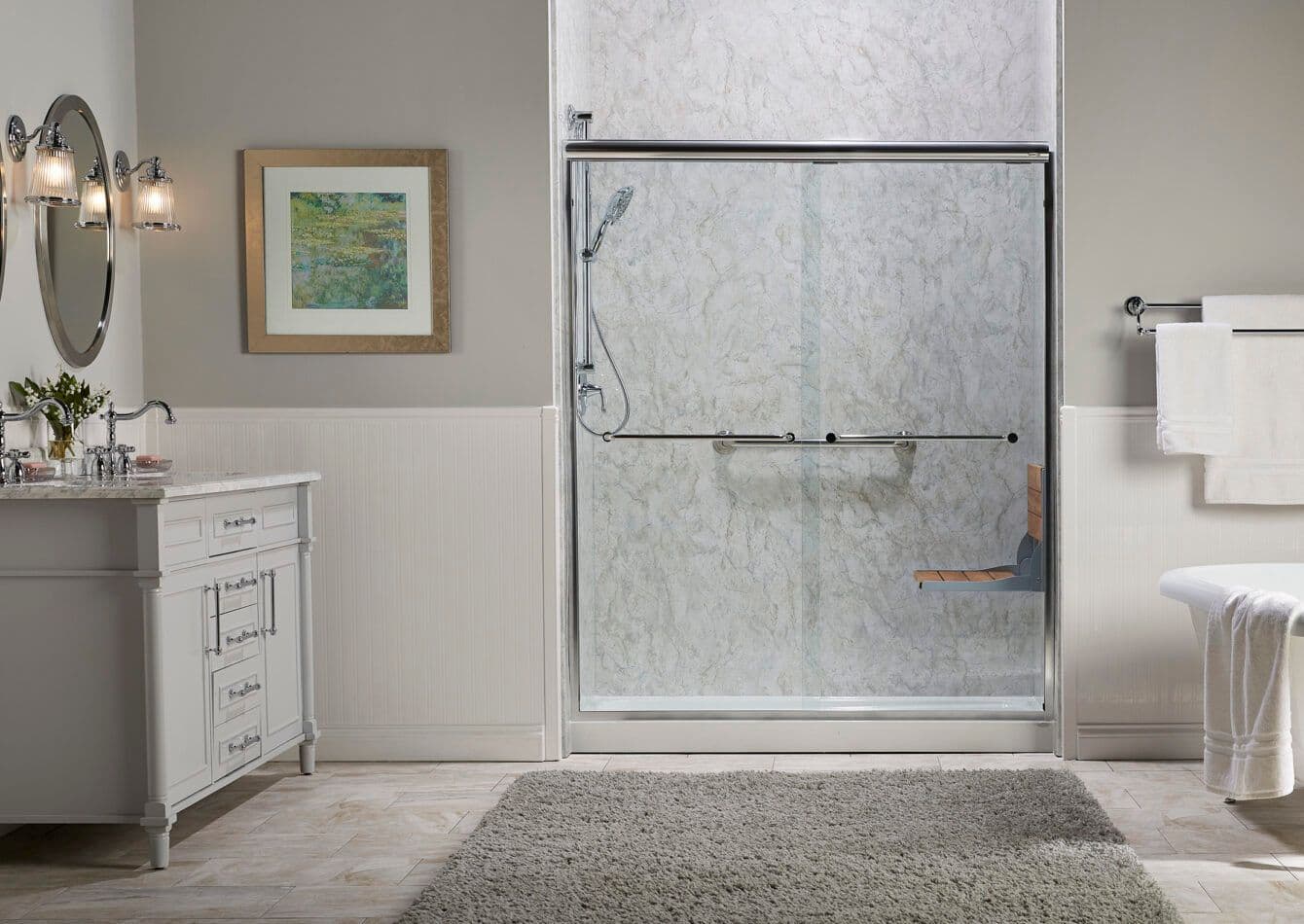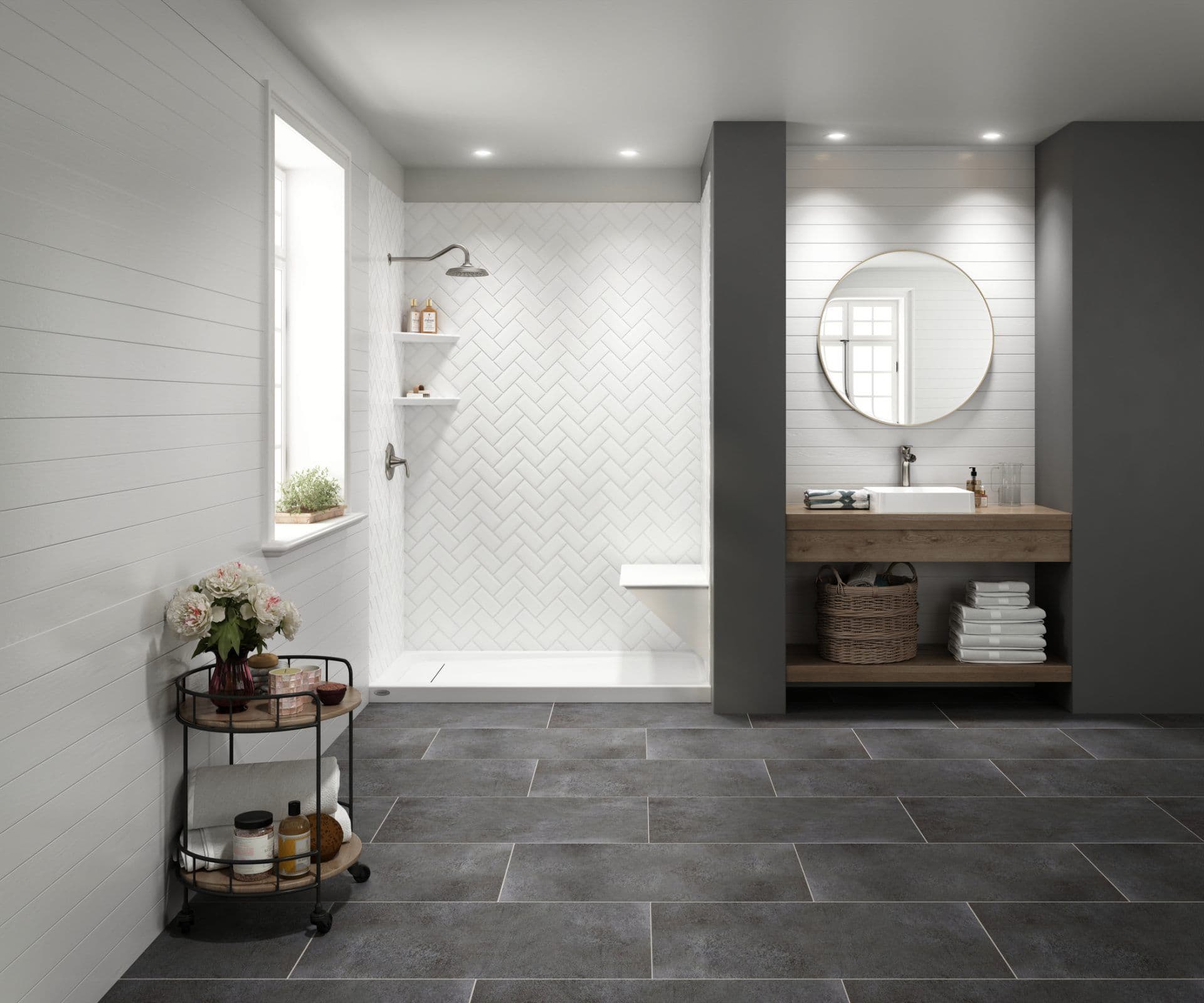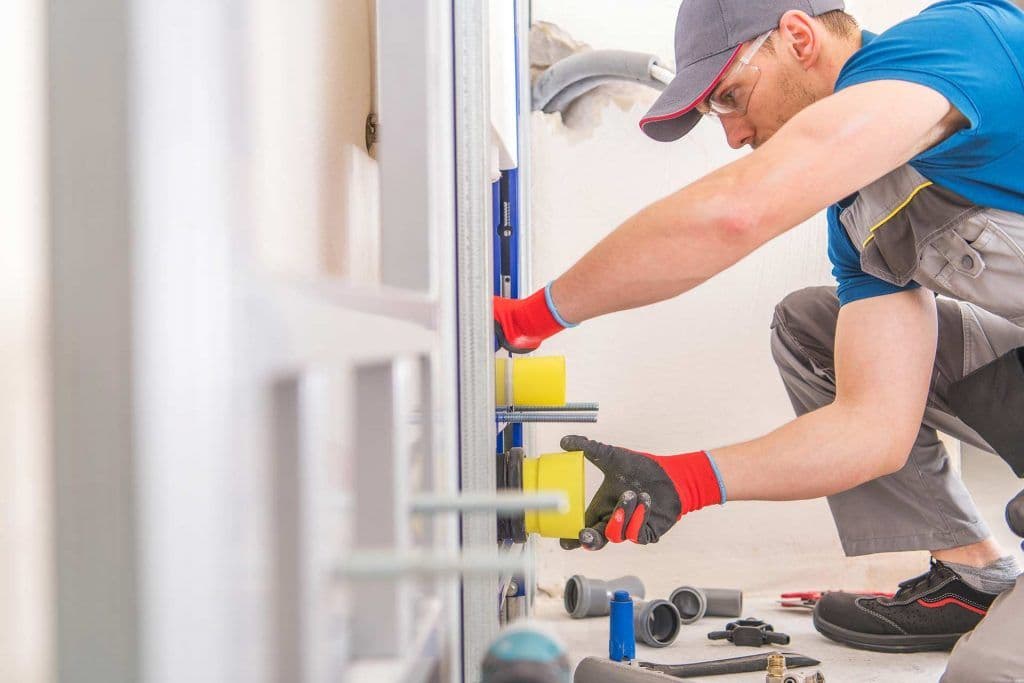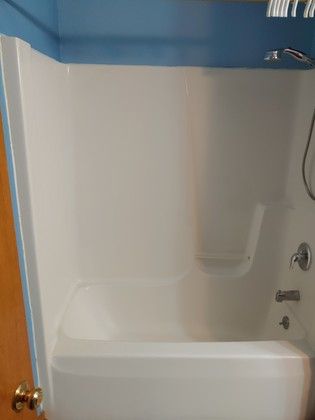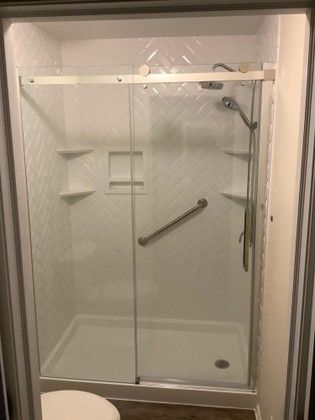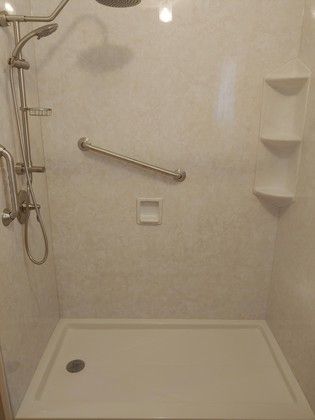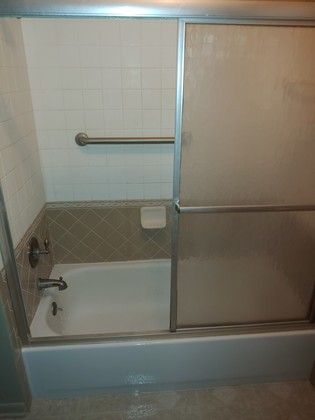Get $1200 OFF
Your Project +
A Free Estimate Today!
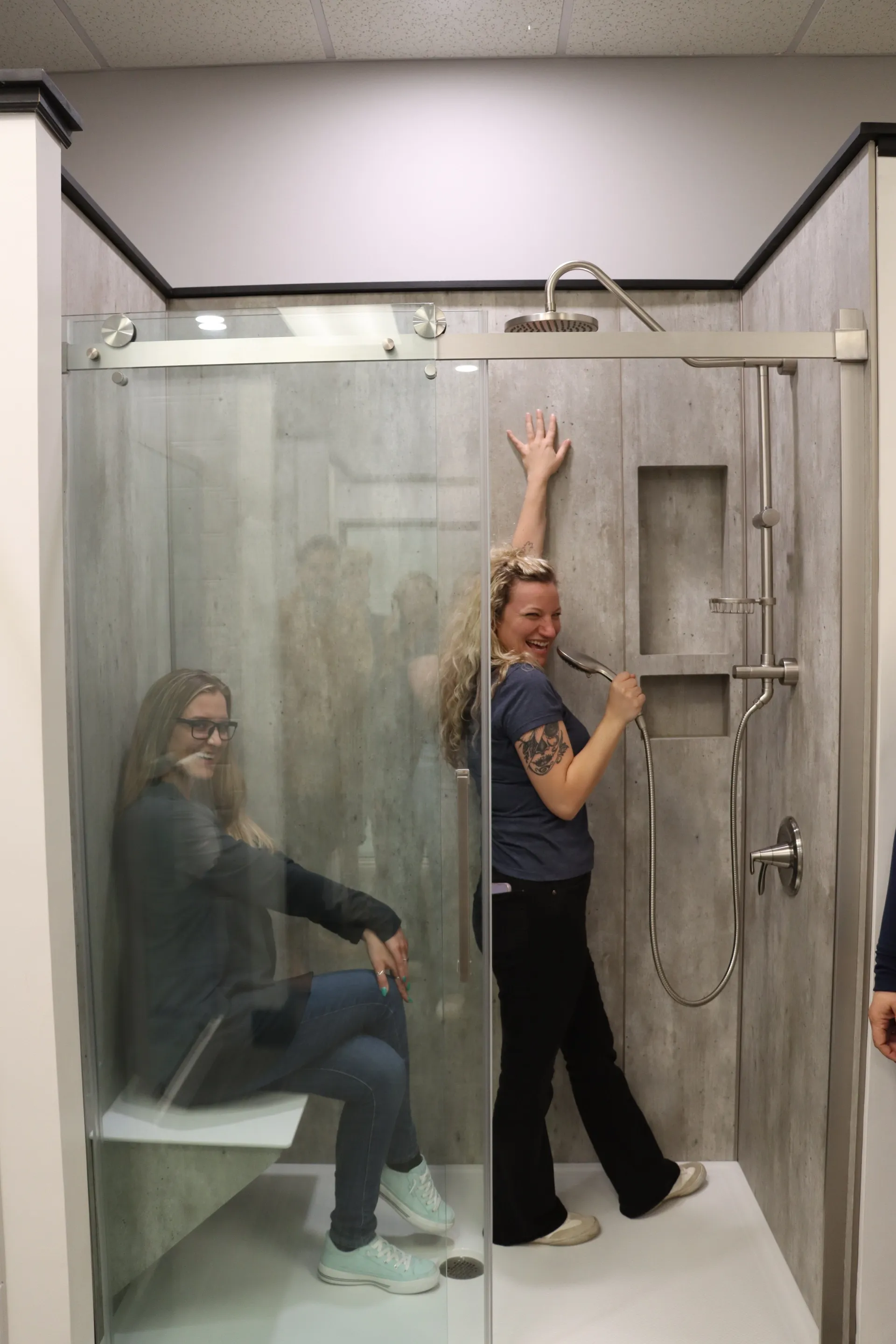
A bathroom remodel shouldn’t feel overwhelming. It should feel exciting. At BathWorks of Michigan, we help homeowners across Grand Rapids and West Michigan update their tubs and showers without the mess, delays, or stress that usually come with remodeling.
Because we focus exclusively on wet-area remodels, including bathtubs, showers, and conversions, our projects are often completed in as little as one day, getting you back to your routine fast. Whether you’re tired of scrubbing old grout, want something safer for the long term, or simply want a fresh, modern look, our local team is here to make the process smooth, simple, and centered around your needs.
Transform Your Bathroom
Start your journey with a personalized consultation! We’ll help you design the perfect bath replacement or shower remodel, complete with a variety of wall surrounds and bathroom accessories tailored to your style.
Our skilled craftsmen can complete most Grand Rapids bath remodels or shower conversions in as little as one day, allowing you to enjoy your new bathroom sooner.
Whether you want a modernized walk-in shower or a new luxury bathtub, we combine the best materials with expert installation to create a space you’ll enjoy for years to come.
Our Bathroom Remodeling Services
At BathWorks, we focus on the area of your bathroom that has the greatest impact, your shower or bathtub. These high-use zones are where comfort and easy cleaning matter the most, and we’re here to help you upgrade them with long-lasting, Michigan-friendly materials.
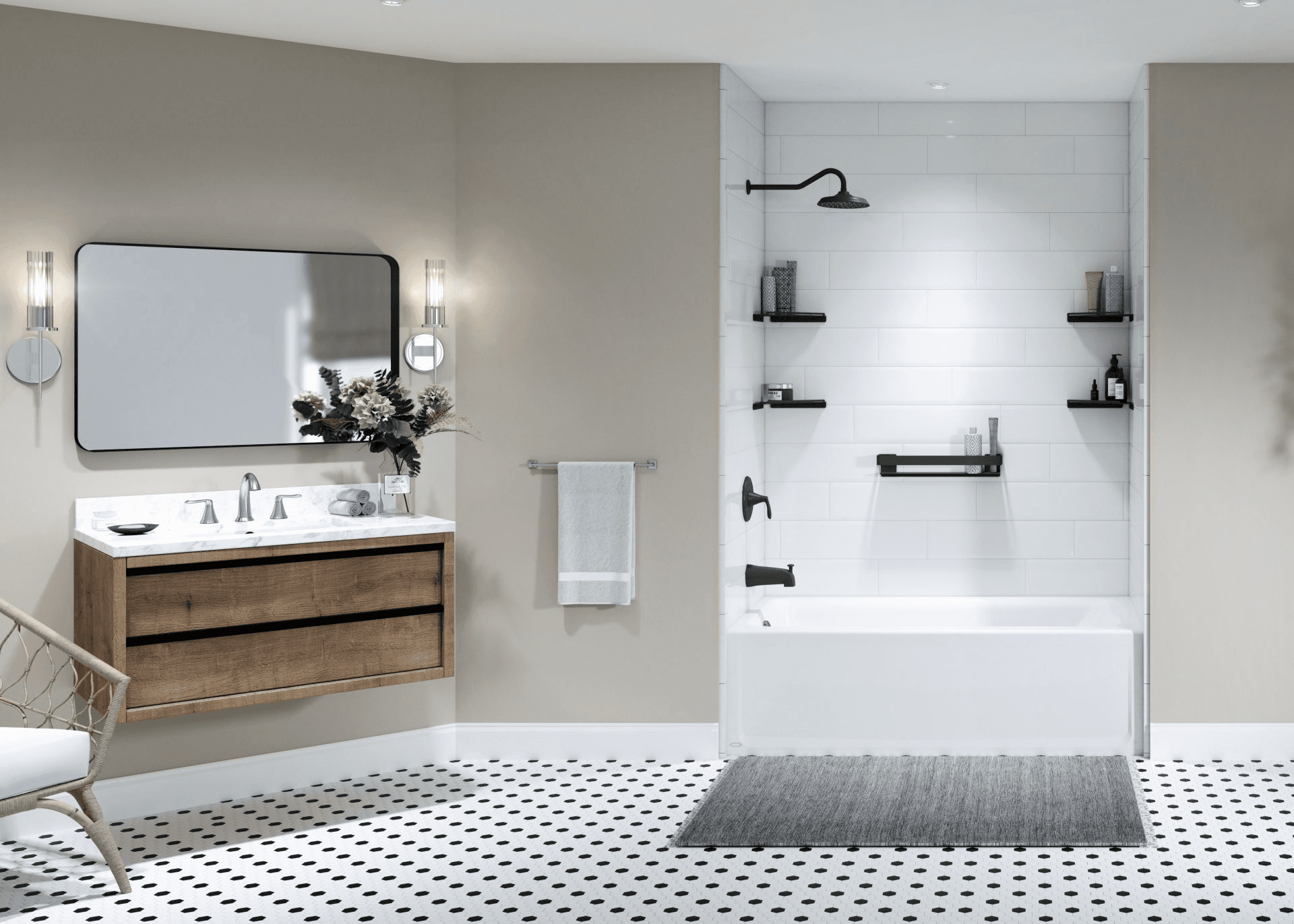
Give your bathroom a fresh start with a durable, low-maintenance Jacuzzi® bathtub that resists mold and mildew. You can choose from an array of styles and finishes, including modern and classic looks with customizable bathtub options.
Why Homeowners Choose BathWorks
West Michigan homeowners choose BathWorks because we keep things local, honest, and hassle-free. All installations are handled by our own in-house team, never subcontractors, so you can count on vetted, highly-trained professionals working in your home. We install exclusive Jacuzzi Bath Remodel products, giving you access to high-quality tubs and showers backed by years of innovation and proven performance.
You’ll also enjoy:
Price quotes that stay valid for a full year
Our Worry-Free Guarantee for added peace of mind
Jacuzzi Bath Remodel’s Limited Lifetime Warranty on your products
Clear communication and no surprises along the way
And because we believe every remodel should make a difference, BathWorks “Creates Smiles One Home at a Time” through our support of Smile Train, helping fund cleft palate surgeries with every completed project. We also proudly participate in Baths for the Brave, supporting local veterans with safe, accessible bathroom upgrades.
Partnered with Jacuzzi® for Unmatched Quality
As a trusted Jacuzzi® Bath Remodel Partner, we provide industry-leading products and unparalleled service to elevate any bathroom.
Let us make your bathroom renovation seamless, beautiful, and tailored to your needs—serving Grand Rapids and the greater West Michigan area. Contact BathWorks to schedule a consultation and take the first step toward a bathroom you love!
Our Process: Fast and Personalized Bathroom Remodels
Consult
We begin with a friendly conversation at your home to understand your goals, timeline, and budget.
Design
One of our designers helps you choose the right products, wall surrounds, accessories, and finishes to match your lifestyle and home style.
Professional Installation
Our in-house installers complete most projects in as little as one day, showing respect for your time and home at every step.
Quality Check
Before we wrap up, we inspect every detail and walk you through your new space to ensure you’re completely satisfied.
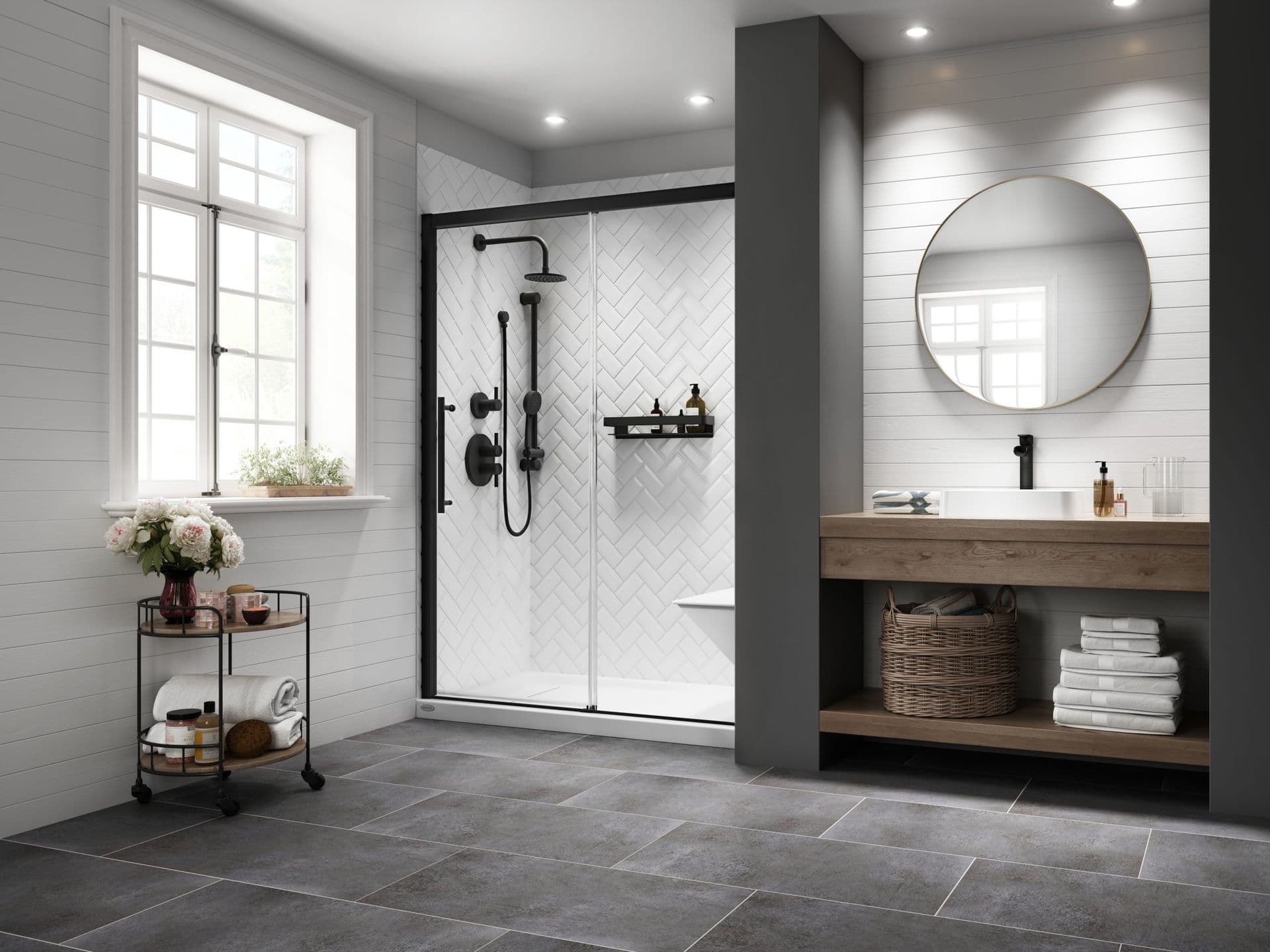
Get Inspired With These Gorgeous New Bathrooms
Before and After, See the Difference
There’s nothing like seeing real results. Explore our before-and-after gallery to see transformations from across the state of Michigan. Transformations include outdated tub-and-shower combos modernized into spacious walk-in showers, and tired bathtubs renewed with easy-to-clean, modern finishes. You’ll see our craftsmanship and care go into every BathWorks project.
Before & After
Our Service Area in Michigan
BathWorks proudly serves homeowners in Grand Rapids and throughout North and West Michigan, as well as the Saginaw area, including Ada, Holland, Muskegon, and Traverse City. At our local showroom in Byron Center, you can explore product options and start planning your remodel in person. To see a complete list of service communities, visit our service areas page.
A Better Bathroom Remodel Starts with BathWorks of Michigan
If you’re ready to change the way you feel about your bathroom, our local team is here to help. Let’s bring your family a more stylish space, a safer shower, or a tub that’s easier to maintain. With local expertise, no subcontractors, and a worry-free process, BathWorks is here to help West Michigan homeowners love their bathrooms again.
Featured Reviews
Bath Works has been an amazing company to work with from start to finish. The communication was great and every aspect of the project went smoothly. The installers, Damon and Devin, were stellar!! They were informative, polite, thorough, and did an excellent install.
The guys come in this morning at the expected time they said they would they started right away and by 3:00 p.m. this afternoon they were done they were very professional they worked well together I was very impressed with three of them they were young and at first I wasn't so sure but by the time the day was over they had done an absolutely excellent job they had a lot of respect for each other and just work non-stop from the time they got here until this afternoon I have high regards for each one of them and I already love to looks of my bathroom it's exciting to get new stuff and have it done right
The Bathworks team was spectacular. From Jeff's in-home presentation to Koby and Jordan's installation, the whole experience was second to none. We had a second quote from a competitor and the material and accoutrements were similar. The deciding factor in our choice to use the Bathworks team was the level of customer service and the excellent communication from their Customer Care team. Shout out to Taylor, Olivia, and Grace!!! Highly recommend trusting this important home upgrade decision to the Bathworks professionals.
Contact Us
